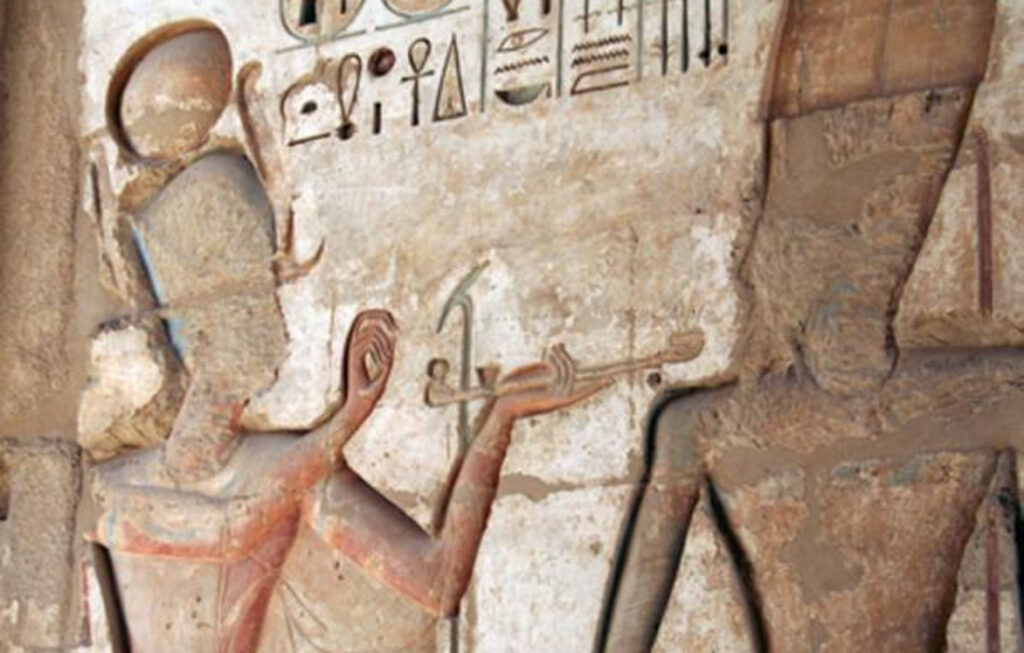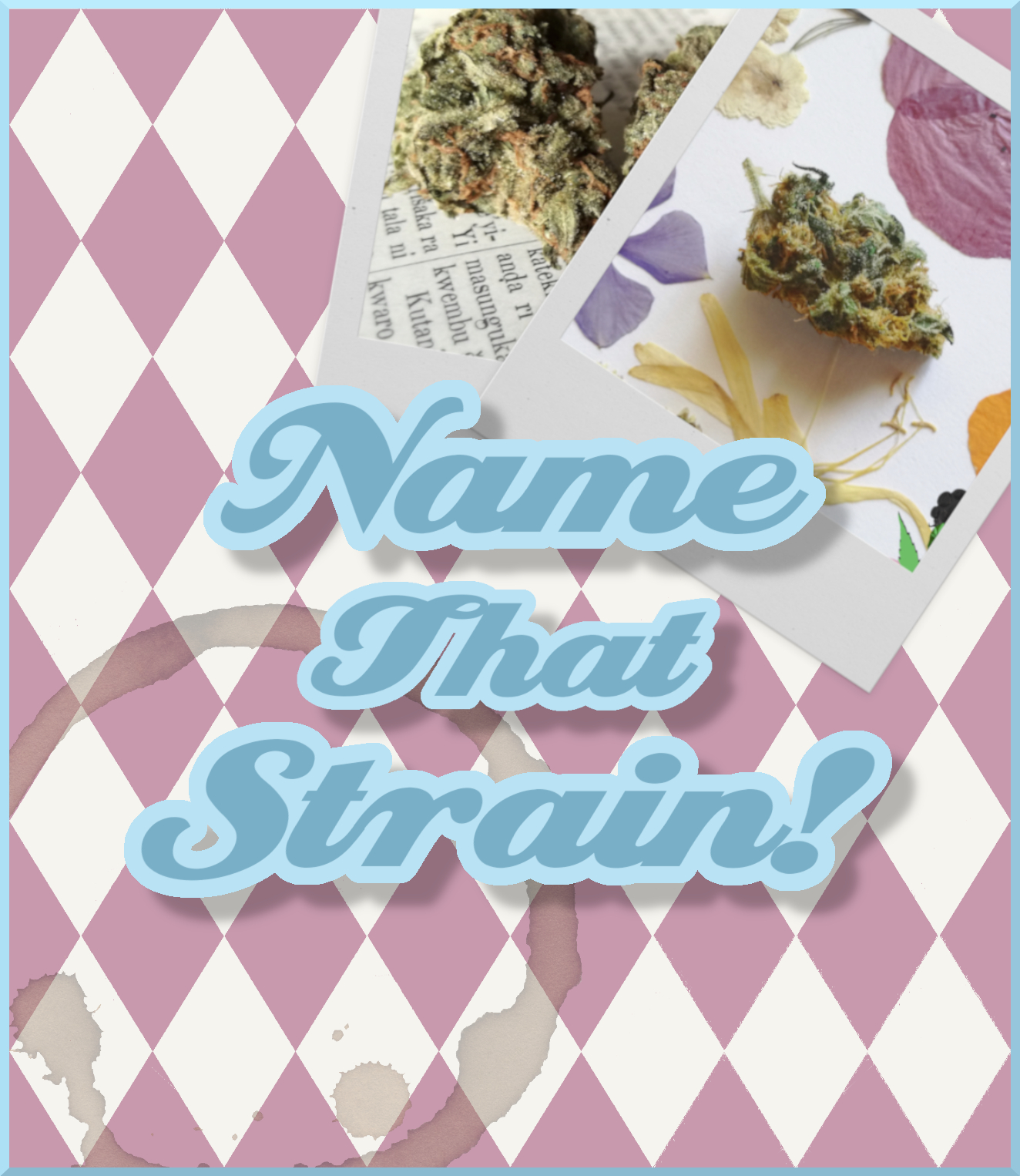
- Culture
-
by John Pot
Weed, grass, dagga, kush… Long ago, the four nations— No, I’m just kidding, but that joke just now popped into my head. Whether you found that delightfully mischievous or not, I’m sure you’ve heard your fair share of names for cannabis. My favourite is doobie, or doob; it just sounds silly. As a linguist names fascinate me, and more than names themselves—their origins and evolution, the study of which is called etymology. Take the word for everyone’s favourite thing to put on toast: avocado. Some of you must have already come across this fun factoid, but the name has its roots in Nahuatl, the languages spoken by the Nahua people, the Aztecs among them. The Nahuatl word for an avo is ahuacatl, and originally meant “scrotum”. You can see the connection, and the point—etymology is awesome! For that reason I want to show you the etymologies behind just a couple of cannabis’s call signs.
Let’s start with cannabis itself. It’s pretty straight forward: the root is in the Latin cannabis, which in turn was borrowed from the Ancient Greek kánnabis, both words meaning “hemp”, which, along with canvas, shares its origin. Alright, so a bit dull. So how about pot? This one is a bit of a curve ball; you’d think the term refers to the vessels cannabis can be grown in, or even smoked out of, but it’s in fact derived from the Mexican Spanish word for marijuana leaves, potiguaya, or the drink potación de guaya (literally “drink of despair”), made from marijuana buds mixed into wine or brandy. These words themselves have their origin in the Latin potio, which means “potion”. Now, that’s far more magical.

Lingering in the Harry Potter-esque world of magical and mythic meanings, we look next at reefer. For me this one conjures images of surfers, and of boomers declaring “marijuana reefers are Satan’s fingers”, but the term’s speculated origin is much more pleasing. The root word in question is the Ancient Greek grúps, via the Latin gryps, meaning “griffin”. In this particular theory, the Spanish word for the fabled beast, grifo, came to denote someone intoxicated by alcohol or cannabis, since—you know—they’re flying. Oddly enough, grifo today also refers to a tap as well as a petrol station, depending on the region. Maybe there’s a connection there—drinking, running water, pipes, pouring… Griffin?
A local term for ganja (from the Sanskrit name for hemp, gañjā) is another of my favourites: dagga, which was borrowed into Afrikaans from the Nama word daxab, the name for several species of leonotis which possess mild marijuana-like effects, the sensation of being high, and once it was introduced, kush (from the area between Afghanistan and Pakistan known as the Hindu Kush, where it’s traditionally grown). I was rather surprised when one of my American friends used dagga to mean leonotis, though with the hard English “g”, and not the more guttural Afrikaans sound. Another common South African term for a joint, a zol, has its roots in different soil. Although the ultimate etymology of zol is shrouded in mystery, the word’s earliest recorded use in this sense comes from 1950s Mexico, though the relation between the Mexican and South African terms is uncertain. It was probably just a neologism for what it means today.
Etymology is nothing new to me, but I’m still so often delighted when it turns out a word I took for granted had travelled over land and sea, from distant times and places. What adventures words must have—what wonderful things they would have seen and heard. We can only draw maps of their voyages, but the journey hardly ends with us, we’re just the winds in their ancient sails. Who knows which names for cannabis will persist, which will fade, and what new colourful terms will be given life.

